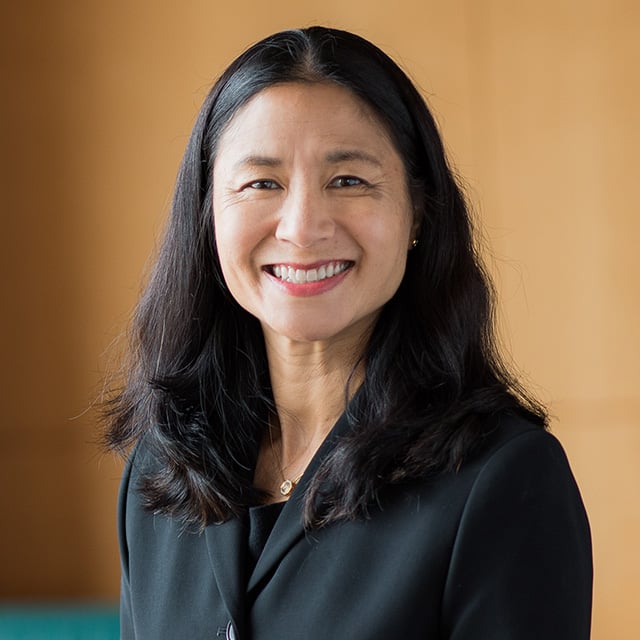ORBs-Ocular Rosacea microBiome Study
Ocular rosacea is a long-term condition that causes inflammation of the eyes and eyelids. It can lead to a variety of eye problems—from mild redness and irritation to more serious issues like corneal damage, which can affect vision.
Mild cases of ocular rosacea can often be managed with eye drops and ointments. For more serious or stubborn cases, doctors commonly prescribe an oral medication called doxycycline. This drug can be given at different doses. High doses (like 200 mg/day) are used to treat infections, while lower doses (like 40 mg/day) are thought to reduce inflammation without killing bacteria—these are called sub-microbial doses (SDD).
Study stuff
Gerami Seitzman, MD Principal Investigator
Benjamin Arnold, PhD Biostatistician

Matilda Chan MD PhD Co-investigator
Thuy Doan, MD, PhD Laboratory Lead
John Gonzales MD Co-investigator
Jeremy Keenan MD MPH Co-investigator and data analyst
Thomas Lietman MD Data analysis
Sarah Lopez, OD Study Team Lead
Shreya Malli, OD Study Team Lead

Julie Schallhorn MD Co-investigator









